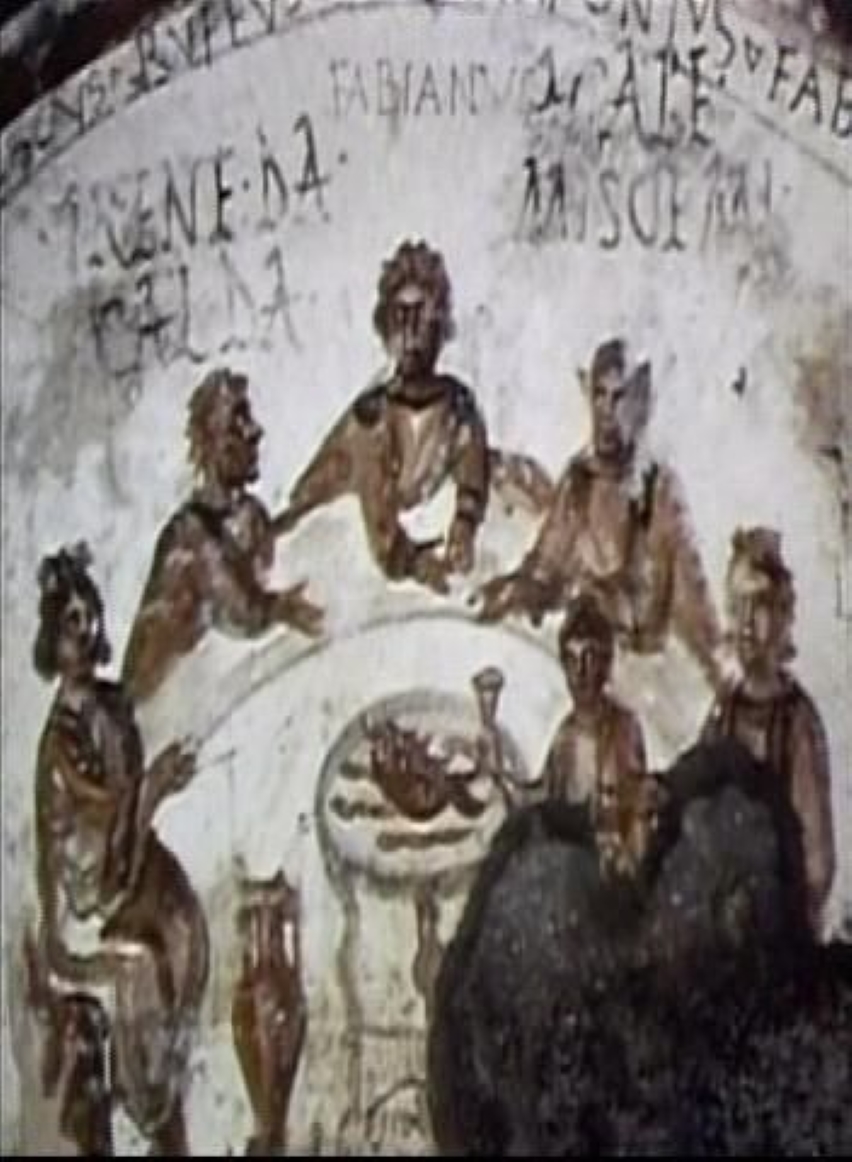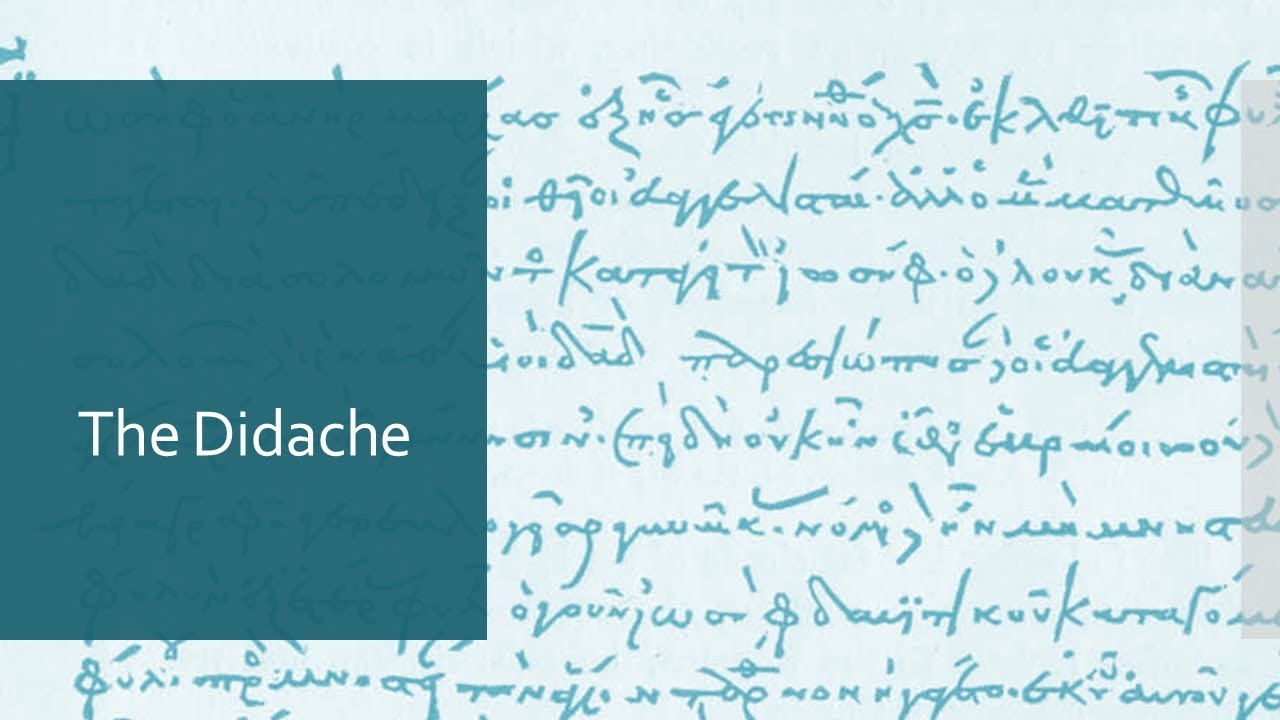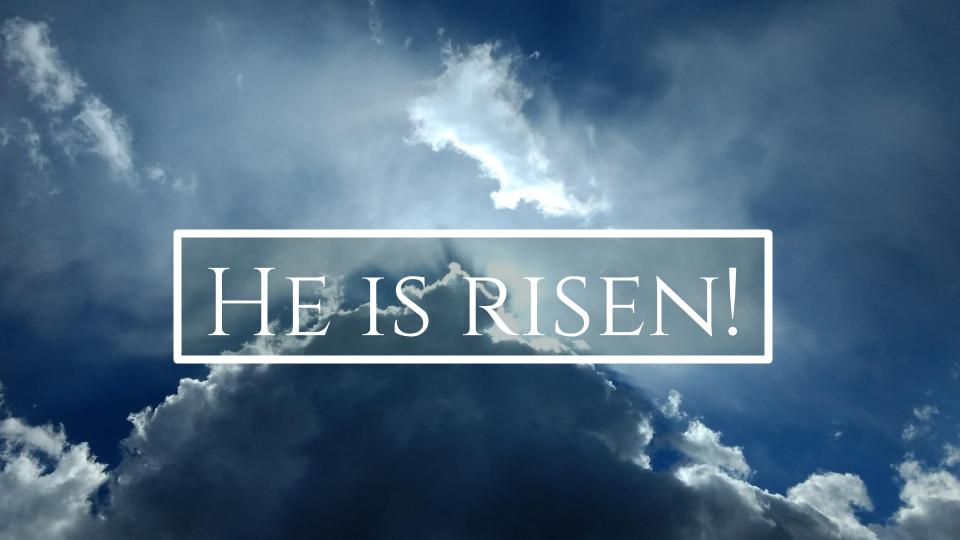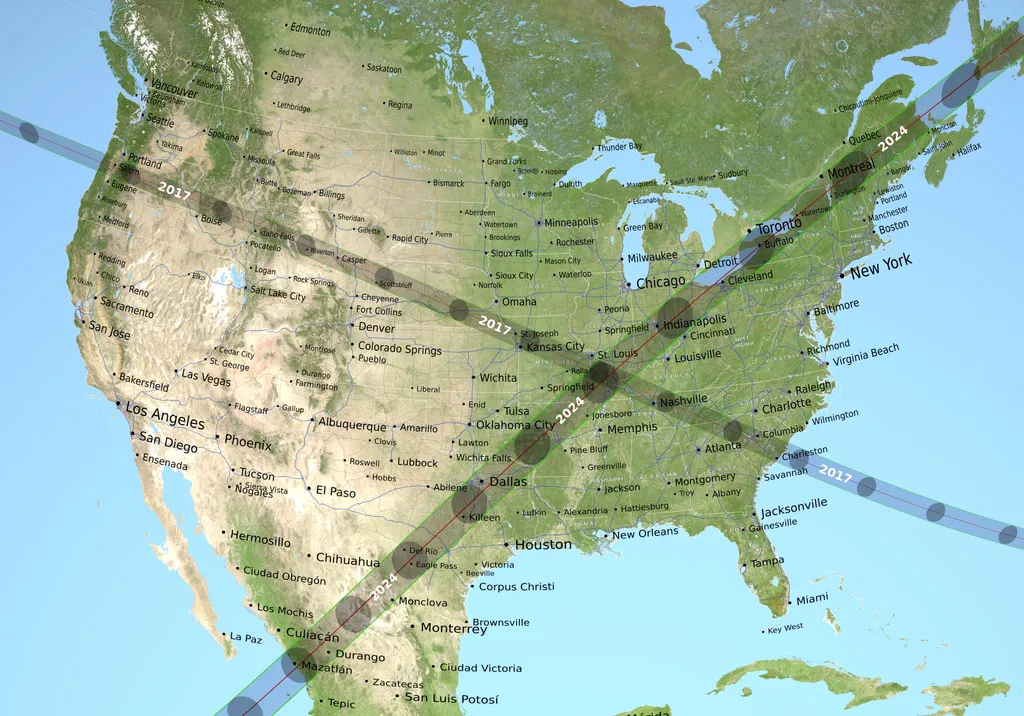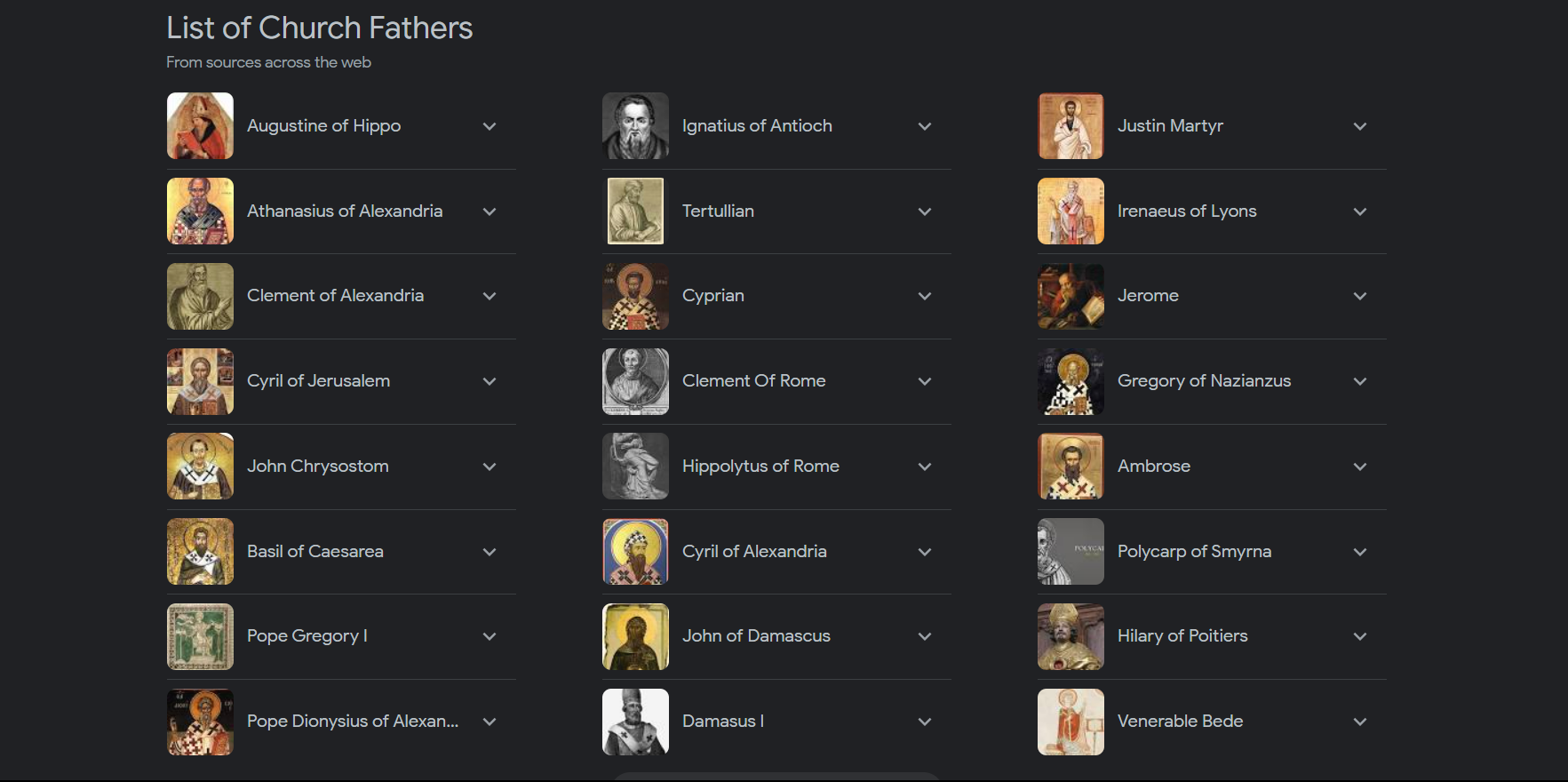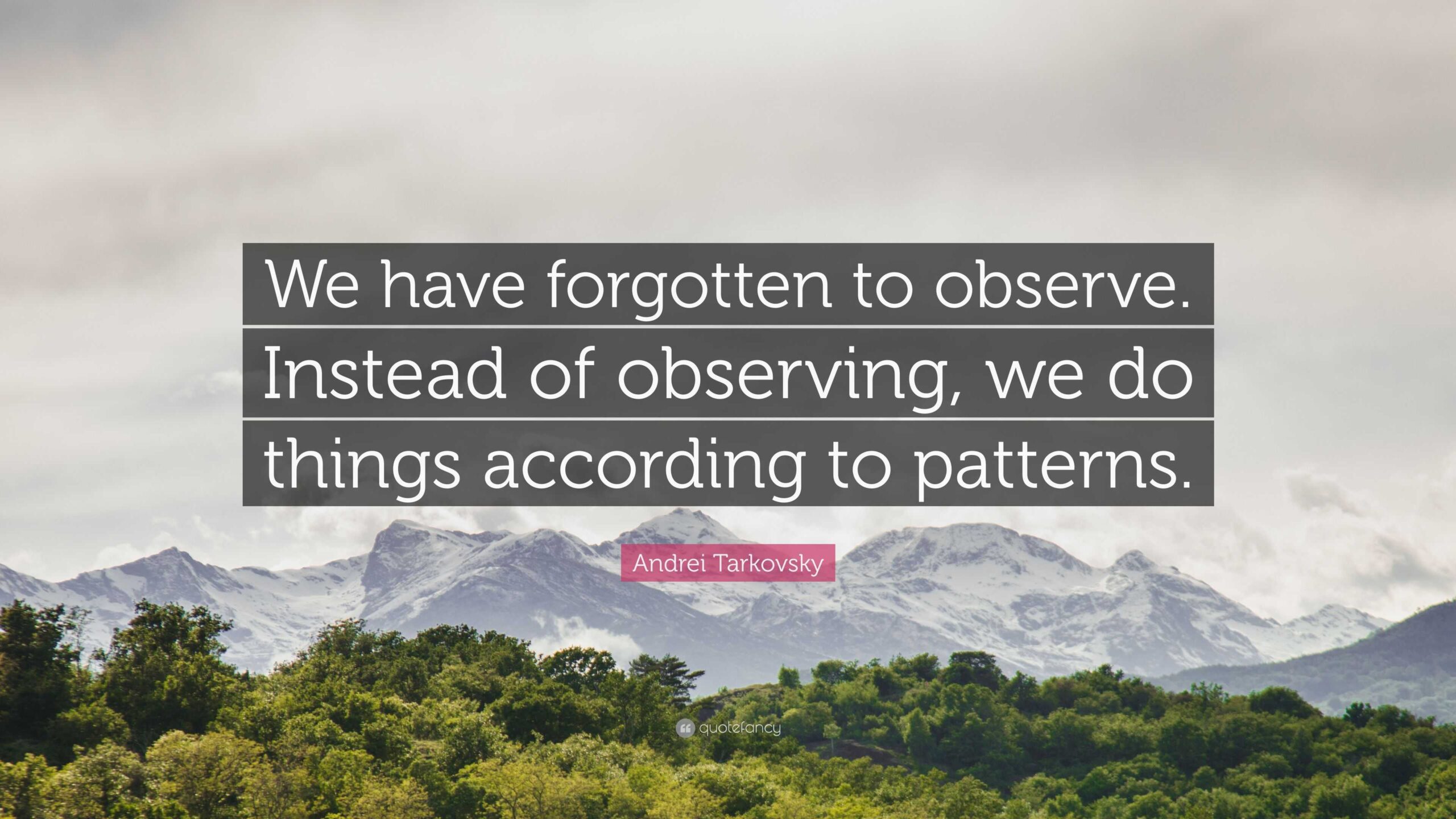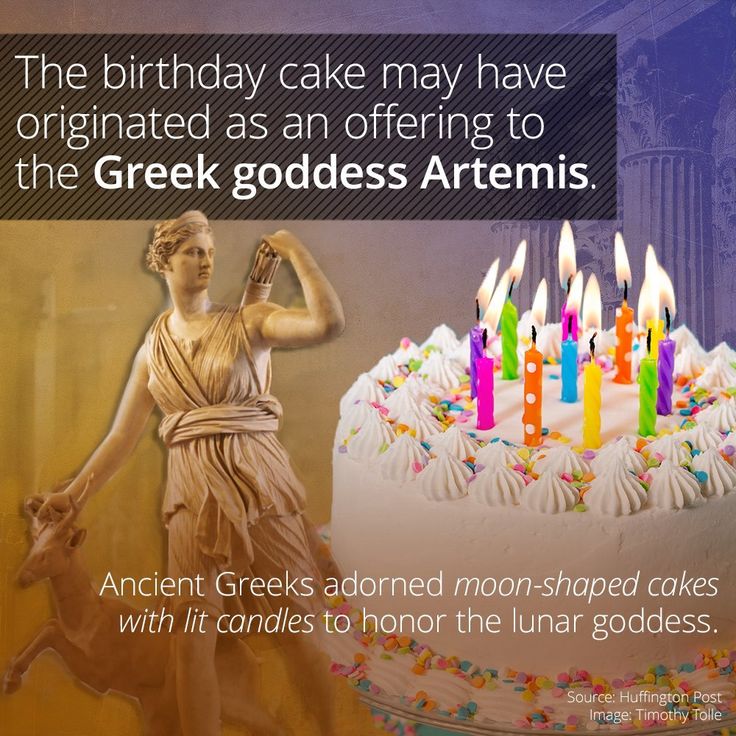BIRTHDAYS CELEBRATIONS HOLY OR UNHOLY ?
Thus saith YAH, Learn not the way of the heathen, and be not dismayed at the signs of heaven; for the heathen are dismayed at them. For the CUSTOMS of the people [are] VAIN: –
Jeremiah 10:2-3 KJV
DEFINITION OF CUSTOMS



DEFINITION OF PEOPLE
DEFINITION OF VAIN


There is no specific law FOR OR AGAINST birthday celebrations e.g. thou shall or shall not, HOWEVER, there are precepts that we must take into account for holy living.
Scriptures
- GENESIS 40:20
- MATTHEW 14:6
- MARK 6:21
- JEREMIAH 44:19
- LEVITICUS 18:3
- JOB 1:4
- ECCLESIASTES 7:1
- ECCLESIASTES 7:8
What is the origin of birthday celebrations?
There are references from a satanic handbook verifying that “…The highest of all holidays in the Satanic religion is the date of one’s own birthday…”
In and of itself that is shocking, but not what we base our faith on.
If you want to see a fuller reference click on this link: https://www.sermonaudio.com/new_details3.asp?ID=18801
The fact of the matter is that birthday celebrations are without doubt and verifiably, rooted in paganism.
The Encyclopedia Americana (1991 edition) states:
"The ancient world of Egypt, Greece, Rome, and Persia celebrated the birthdays of gods, kings, and nobles."
Authors Ralph and Adelin Linton reveal the underlying reason for this. In their book The Lore of Birthdays, they write:
“Mesopotamia and Egypt, the cradles of civilization, were also the first lands in which men remembered and honoured their birthdays. The keeping of birthday records was important in ancient times principally because a birth date was essential for the casting of a horoscope.”
Here are a couple of excerpts from
The book The Lore of Birthdays (New York, 1952) by Ralph and Adelin Linton, on pages 8, 18-20 :
"The Greeks believed that everyone had a protective spirit or daemon who attended his birth and watched over him in life. This spirit had a mystic relation with the god on whose birthday the individual was born.
The Romans also subscribed to this idea. . . . This notion was carried down in human belief and is reflected in the guardian angel, the fairy godmother and the patron saint. . . . The custom of lighted candles on the cakes started with the Greeks. . . . Honey cakes round as the moon and lit with tapers were placed on the temple altars of [Artemis]. . . . Birthday candles, in folk belief, are endowed with special magic for granting wishes. . . . Lighted tapers and sacrificial fires have had a special mystic significance ever since man first set up altars to his gods. The birthday candles are thus an honor and tribute to the birthday child and bring good fortune"
This same book, on page 20, also had this to say about the traditional greeting of ‘Happy Birthday’:
"Birthday greetings and wishes for happiness are an intrinsic part of this holiday. . . . originally the idea was rooted in magic. The working of spells for good and evil is the chief usage of witchcraft. One is especially susceptible to such spells on his birthday, as one's personal spirits are about at the time. . . . Birthday greetings have power for good or ill because one is closer to the spirit world on this day."
So, there is a direct connection between the Pagan practice of birthday celebrations and astrology (horoscopes and fortune telling).
On the contrary, the ancient Jews did not celebrate birthdays, as they regarded them as Pagan.
The World Book Encyclopedia (volume 3, page 416) states:
"The early Christians did not celebrate His [Christ's] birth because they considered the celebration of anyone's birth to be a pagan custom."
http://www.abcog.org/birthday.htm
http://wiki.answers.com/Q/What_is_the_origin_of_birthday_celebrations
Down to the fourth century Christianity rejected the birthday celebration as a pagan custom.
The first century historian Josephus recorded: The Jews in Christ’s day knew God’s attitude toward birthday celebrations,
“Nay, indeed, the law does not permit us to make festivals at the births of our children” .
Flavius Josephus, Against Apion, Book II, section 26
History of celebration of birthdays in the West
It is thought that the large-scale celebration of birthdays in Europe began with the cult of Mithras, which originated in Persia but was spread by soldiers throughout the Roman Empire. Before this, such celebrations were not common; and, hence, practices from other contexts such as the Saturnalia were adapted for birthdays. Because many Roman soldiers took to Mithraism, it had a wide distribution and influence throughout the empire… (Wikipedia. Birthdays. July 12, 2007 version).
Christmas is also relevant because December 25th was the day of celebration of the birthday of the sun-god Mithra.
… The World Book Encyclopedia notes,
Christmas… In 354 A.D., Bishop Liberius of Rome ordered the people to celebrate on December 25. He probably chose this date because the people of Rome already observed it as the Feast of Saturn, celebrating the birthday of the sun . Sechrist. Christmas. World Book Encyclopedia, Volume 3. 1966, pp. 408-417
http://en.wikipedia.org/wiki/Birthday
Remember YAH never gave us a religion through messiYAH / christ he gave us a renewed relationship, rules and regulations.
Celebrating birthdays is not one of them.
Remember now thy Creator in the days of thy youth, while the evil days come not, nor the years draw nigh, when thou shalt say, I have no pleasure in them; – Ecclesiastes 12 KJV
http://www.fossilizedcustoms.com/birthday.html
Christmas was not among the earliest festivals of the Church. Irenaeus and Tertullian omit it from their lists of feasts; Origen, glancing perhaps at the discreditable imperial Natalitia, asserts (in Lev. Hom. viii in Migne, P.G., XII, 495) that in the Scriptures sinners alone, not saints, celebrate their birthday; Arnobius (VII, 32 in P.L., V, 1264) can still ridicule the “birthdays” of the gods.
http://www.newadvent.org/cathen/03724b.htm
In their essay titled “Birthdays, Jewishly,” Lisa Farber Miller and Sandra Widener point out that the Encyclopedia Judaica is very blunt on this topic:
"The celebration of birthdays is unknown in traditional Jewish ritual."
… Originally, even as more and more Gentiles began to profess Christ (so much so that they outnumbered those of Jewish heritage that did), the early Gentile leaders also did not endorse the celebration of birthdays. No early church writer endorsed the observance of birthdays by Christians, nor are they ever listed in the early observances of the Christian church.
Therefore, the celebration of birthdays, was clearly not part of “the faith which was once for all delivered to the saints”. Jude 3.
http://www.cogwriter.com/birthdays.htm
When thou art come into the land which YAH thy God giveth thee, thou shalt not learn to do after the abominations of those nations.
Deuteronomy 18:9 KJV
But the day of the Lord will come as a thief in the night; in the which the heavens shall pass away with a great noise, and the elements shall melt with fervent heat, the earth also and the works that are therein shall be burned up. [Seeing] then [that] all these things shall be dissolved, what manner [of persons] ought ye to be in [all] holy conversation and godliness, Looking for and hasting unto the coming of the day of God, wherein the heavens being on fire shall be dissolved, and the elements shall melt with fervent heat? – 2 Peter 3:10-12 KJV
I am well aware that this revelation of truth and information will be difficult for many to receive, I have never been one to celebrate my own birthday, however if you love giving gifts to people I encourage you to do as the scriptures below say;
Look not every man on his own things, but every man also on the things of others. – Philippians 2:4 KJV
Let no man seek his own, but every man another’s [wealth]. – 1 Corinthians 10:24 KJV
If you follow these two scriptures alone you will find many ways and things to supply one anothers need in love TODAY, and every day that ends in “y”, celebrating and praising YAH together for his provision and manifold wisdom.
Shalom Love and Blessings in MessiYAH YAHushuWaH


